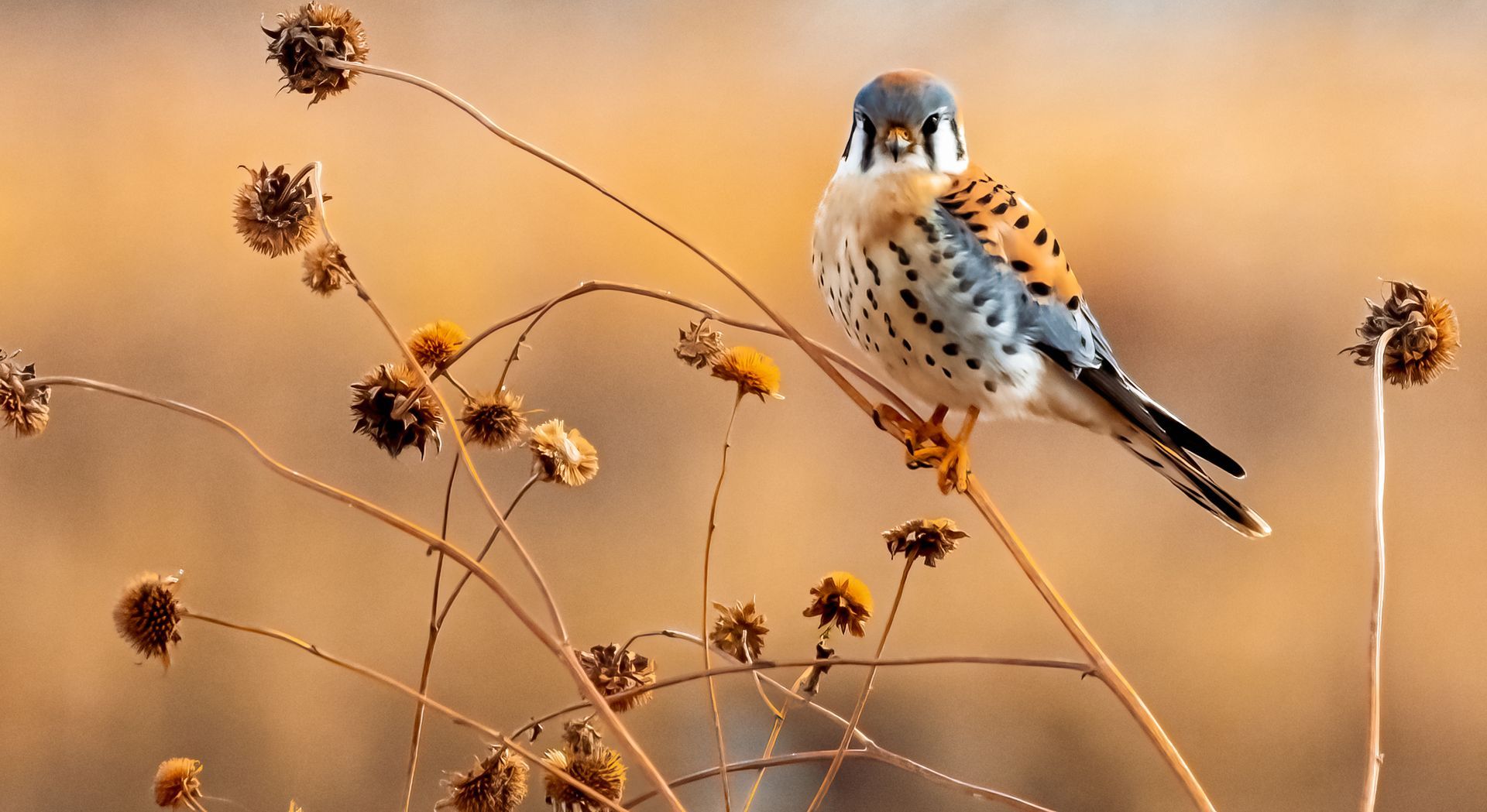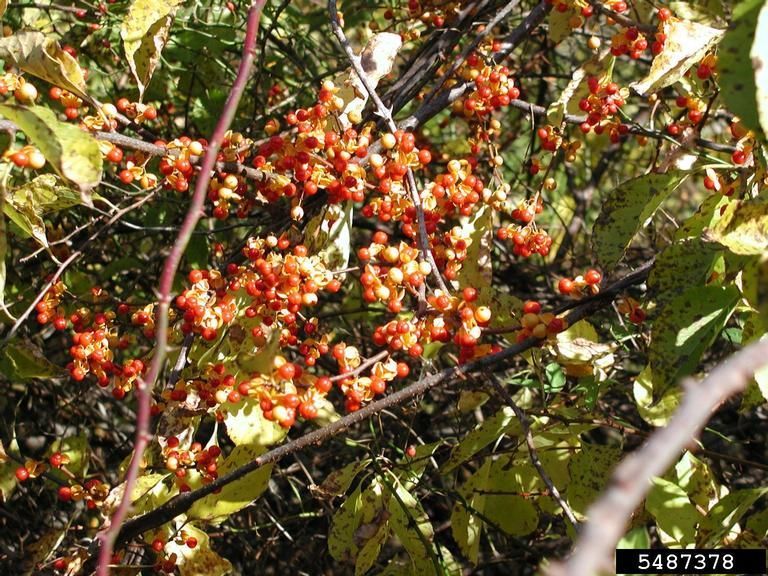USFWS Finalizes Cormorant Control Permits
The U.S. Fish and Wildlife Service (USFWS) recently finalized a rule that would facilitate the lethal take of nearly 120,000 double-crested cormorants annually nationwide.
This rule comes as the latest action in a yearslong process to manage cormorants more comprehensively.
While cormorants are a native species, these birds wreak havoc on fisheries populations across the Great Lakes region.
Over the last two years, the USFWS has worked to create a new depredation permit program to facilitate adaptive, localized management of these birds. This permit program would allow state and tribal wildlife agencies to lethally control cormorants to protect fish, both wild and stocked.
In 2020, MUCC submitted a letter to the USFWS encouraging the swift passage of this rule. MUCC Executive Director Amy Trotter said cormorants have been a subject of concern for MUCC members for years.
“Cormorants have been the subject of at least three comprehensive policy resolutions from our members in the last 20 years,” said Trotter. “All of these policy resolutions have focused on giving managers a wide variety of tools to better balance the recovered population of cormorants in the Great Lakes with other important wildlife and sportfish populations.”
The recovery of cormorants is a remarkable conservation success story. From a species that was on the brink of extinction due to toxic pollution, populations of these birds have far exceeded every goal for population recovery. Now, wildlife managers must be equipped with the tools necessary to do their jobs based on the best available science.
MUCC believes that this new permit program will help state and tribal fish and wildlife agencies use a variety of tools to achieve a population of cormorants that will better meet inter-agency goals. State and tribal agencies will be able to employ lethal means of management under this permit, if approved on a case-by-case basis by the USFWS. Individuals will conduct this work under the guidance and approval of the federal government, but will be contracted by the state or tribal agency.
This permit program will allow state and tribal wildlife agencies to pursue lethal management activities after non-lethal techniques have been exhausted. Other conditions for use of these permits are intended to protect other wildlife species and ensure that management activities are conducted in a more ethical manner. State and tribal wildlife agencies are also instructed to collaborate with federal law enforcement in the USFWS, as well as the U.S. Department of Agriculture’s Wildlife Services.
From the early 1970s to 2000 cormorant numbers increased from near zero to 115,000 birds in Michigan waters alone, according to USFWS Environmental Impact Studies. More recent surveys suggest that current populations might number between 731,880 and 752,516 in the central and eastern United States. The majority of these cormorants take up residence in Lake Michigan and Lake Huron at some point during the year. Their diets consist mostly of alewives and round gobies (forage fish), but the birds also consume significant numbers of stocked trout and salmon fingerlings, as well as highly valued smallmouth bass and yellow perch. Although fisheries in 24 states in the central and eastern United States are affected by cormorant depredations, Michigan hosts nearly 55 percent of the interior population’s breeding pairs.
Throughout the last 20 years, MUCC staff and members have continuously supported the need for cormorant control efforts. Today, this work has taken another important step forward.
MUCC will continue to track the implementation of this proposal through the incoming administration, representing our members and all of the recreational anglers of Michigan.
Since 1937, MUCC has united citizens to conserve, protect and enhance Michigan’s natural resources and outdoor heritage. MUCC has also been the constant protector of your rights to hunt, fish and trap since its founding. Please join us today: http://bit.ly/JoinMUCC
The post USFWS Finalizes Cormorant Control Permits appeared first on Michigan United Conservation Clubs.



